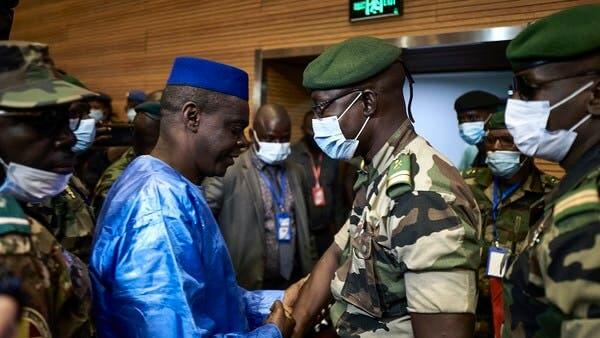But the June 5 Movement, which took part in the talks, later rejected the roadmap in a statement, and accused the junta of a “desire to monopolise and confiscate power”.
It also said that the discussions had taken place against a backdrop of “intimidation, antidemocratic and unfair practices worthy of another era”.
Conclusions from forum working groups were not reflected in the final document, the June 5 Movement said, pointing for example to broad support for a civilian transition president.
A committee chosen by the junta, which was overseeing the talks, adopted the final version of the charter by acclamation on Saturday.
Either a civilian or a military officer can become transition president, the committee’s rapporteur told delegates.
AFP has not seen the final version of the charter.
However, an earlier version seen on Saturday stipulated that a junta-appointed committee would pick the transition president, raising questions about the military’s influence.
The June 5 Movement is a loose coalition of opposition groups, religious leaders and civil figures who organised a months-long wave of protests against President Keita, which led up to his ouster and arrest in a military coup on August 18.
Some seats in the 121-person legislature foreseen in the charter are reserved for members of the movement.
AFP

